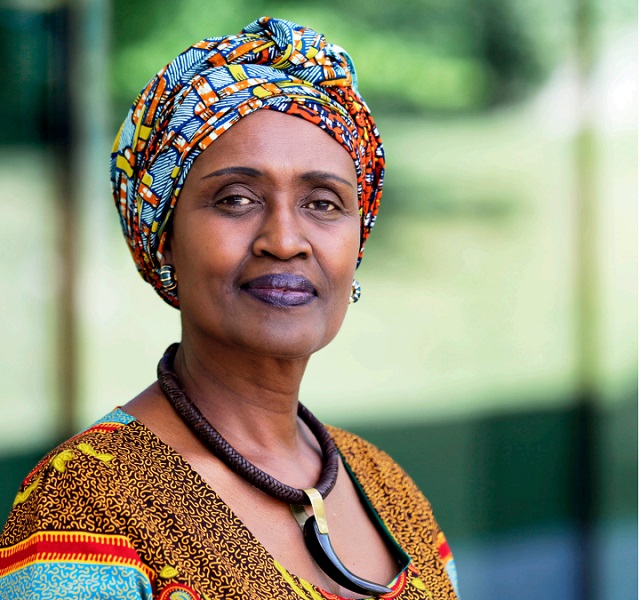
Kampala, Uganda | THE INDEPENDENT | A new report by UNAIDS shows that there is a clear path that ends AIDS by 2030.
That path according to UNAIDS Executives Director, Winnie Byanyima will also help prepare for and tackle future pandemics and advance progress towards achieving the Sustainable Development Goals.
“The end of AIDS is an opportunity for a uniquely powerful legacy for today’s leaders,” said Winnie Byanyima, Executive Director of UNAIDS.
“They could be remembered by future generations as those who put a stop to the world’s deadliest pandemic. They could save millions of lives and protect the health of everyone. They could show what leadership can do.”
The report, ‘The Path that Ends AIDS’, contains data and case studies that highlight that ending AIDS is a political and financial choice and that the countries and leaders who are already following the path are achieving extraordinary results.
The report found that Botswana, Eswatini, Rwanda, the United Republic of Tanzania, and Zimbabwe have already achieved the “95-95-95” targets.
That means 95% of the people who are living with HIV know their HIV status, 95% of the people who know that they are living with HIV are on lifesaving antiretroviral treatment, and 95% of people who are on treatment are virally suppressed.
A further 16 other countries, eight of them in sub-Saharan Africa, the region which accounts for 65% of all people living with HIV, are also close to doing so.
The report highlights that HIV responses succeed when they are anchored in strong political leadership.
This means following the data, science, and evidence; tackling the inequalities holding back progress; enabling communities and civil society organizations in their vital role in the response; and ensuring sufficient and sustainable funding.
Progress has been strongest in the countries and regions that have the most financial investments, such as in eastern and southern Africa where new HIV infections have been reduced by 57% since 2010.
Thanks to support for and investment in ending AIDS among children, 82% of pregnant and breastfeeding women living with HIV globally were accessing antiretroviral treatment in 2022, up from 46% in 2010. This has led to a 58% reduction in new HIV infections among children from 2010 to 2022, the lowest number since the 1980’s.
Progress in the HIV response has been strengthened by ensuring that legal and policy frameworks do not undermine human rights, but enable and protect them.
Several countries removed harmful laws in 2022 and 2023, including five (Antigua and Barbuda, the Cook Islands, Barbados, Saint Kitts and Nevis, and Singapore) that have decriminalized same-sex sexual relations.
The number of people on antiretroviral treatment worldwide rose almost fourfold, from 7.7 million in 2010 to 29.8 million in 2022. However, the report also sets out that ending AIDS will not come automatically. AIDS claimed a life every minute in 2022.
Around 9.2 million people still miss out on treatment, including 660 000 children living with HIV.
On a sad note, more than 630 000 people died of AIDS-related deaths last year despite HIV being preventable and treatable. This is 630 000 too many. We can end AIDS and UNAIDS’ latest report tells you how.
*****
URN
 The Independent Uganda: You get the Truth we Pay the Price
The Independent Uganda: You get the Truth we Pay the Price


